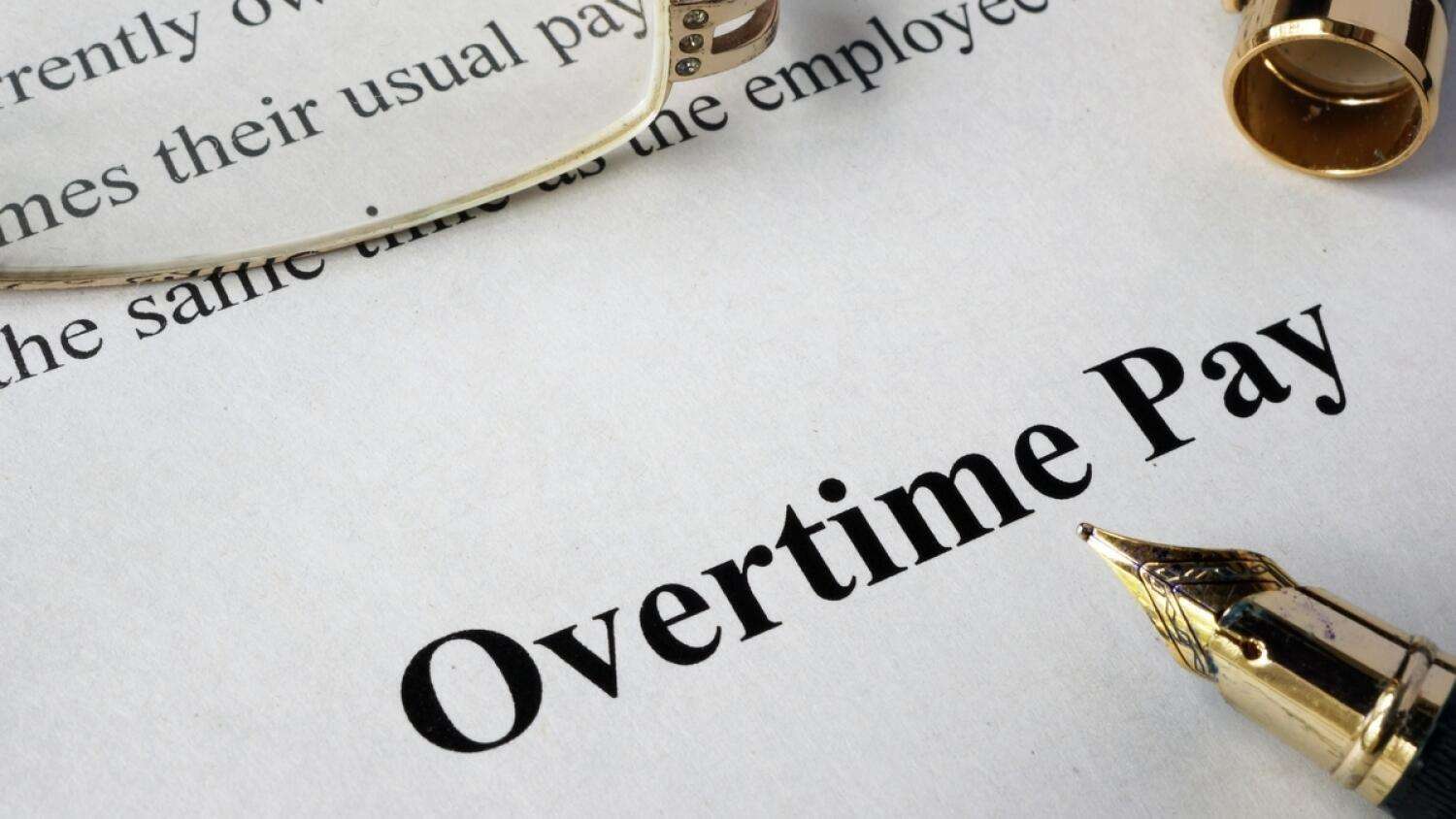Table of Contents
Key regulations around work time for private sector employees, as listed on the country’s official government website, explained
When it comes to employment prospects, the UAE consistently ranks at the top of several indexes. Residents rated the nation top in the world for increased employment possibilities, according to the most recent InterNations Expat Insider 2022 study.
This vote of confidence is a result of the nation’s protective labor regulations for workers.
The length of time an employee spends at work is governed by one of the regulations that apply to employment in the private sector. The majority of workers who stay over the designated office hours are eligible for overtime pay.
The main rules governing work hours for UAE citizens working in the private sector are given below and may be found on the official website of the UAE Government.
Basic laws
>> The standard working day for the private sector in the United Arab Emirates is eight hours, or 48 hours a week. For particular economic sectors or groups of employees, this might be raised or lowered.
>>With the exception of “certain kinds of workers,” travels from home to work are not counted against working hours.
>>An employee who works for more than one employer is not permitted to be forced to work longer hours than those specified in the employment contract unless they expressly consent to it in writing.
>>When a worker wishes to work remotely and gets permission, the employer is required to set up clear working hours.
>> An employee is allowed to take breaks in between working hours (if necessary, at intervals), which cannot total less than one hour. Additionally, a worker is not permitted to put in more than five hours straight in a single day without taking a break.
Overtime
>>Employees may be required to work more than the normal amount of hours, as long as there are no more than two in a single day.
>> If an employee is compelled to work longer than their regular shifts, they will be paid their hourly rate (basic) + 25% of that sum. In the event that overtime is worked between 10 pm and 4 am, this might rise to 50%. If an employee works in shifts, this regulation does not apply to them.
